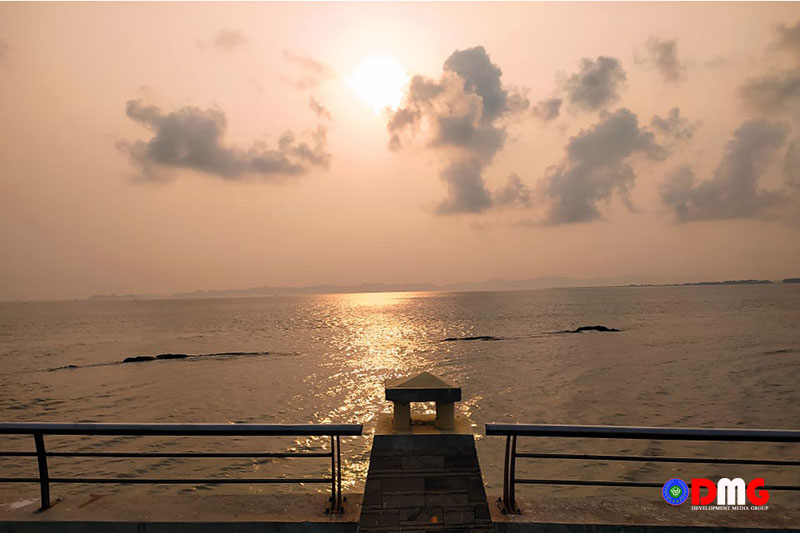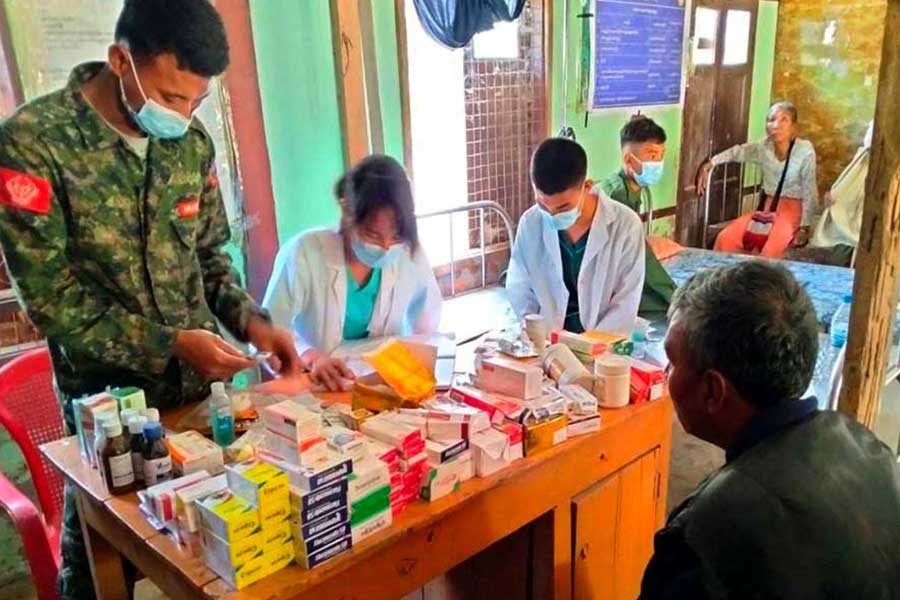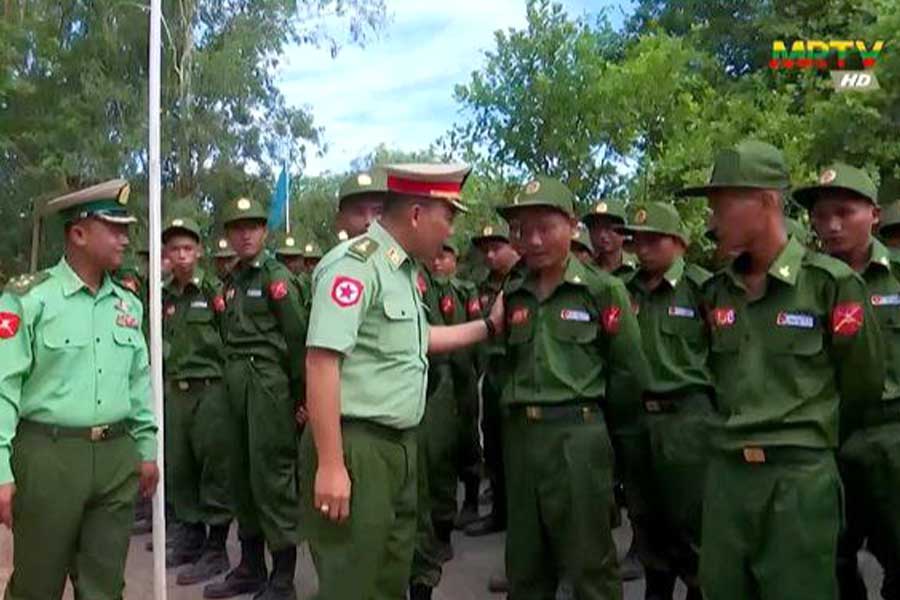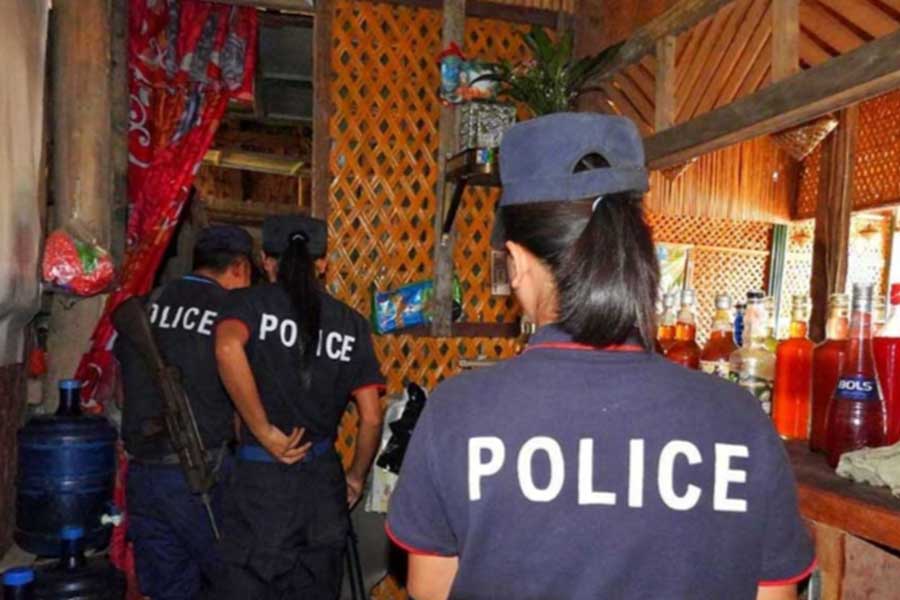- Locals report bribery in ULA departmental recruitment
- Weekly Highlights from Arakan State (Jan 19-25, 2026)
- Junta uses newly-recruited conscripts as ‘human waves’ on frontlines
- Traffic rules tightened in Arakan Army controlled areas
- DMG Editorial: Bombing the Defenceless, When War Crosses Every Red Line in Arakan
Arakan residents bemoan Chinese space debris as latest falling detritus is expected this month
Arakan State residents have complained about Chinese space debris that has frequently landed in waters off the coast of Arakan State, expressing concerns about possible impacts on the local marine ecosystem.
04 Apr 2022

DMG Newsroom
4 April 2022, Sittwe
Arakan State residents have complained about Chinese space debris that has frequently landed in waters off the coast of Arakan State, expressing concerns about possible impacts on the local marine ecosystem.
The Arakan State military council warned last week that parts from a Chinese spacecraft are likely to fall into the Bay of Bengal off the coasts of Thandwe and Manaung townships sometime between April 7 and 13.
The council has notified operators of ferryboats and fishing vessels of the danger, offering an approximation of where the pieces are expected to fall.
Debris from Chinese spacecraft has landed in the sea off Arakan State four times previously, in December 2020, November 2021, December 2021 and most recently in January of this year.
The debris could have devastating impacts on aquatic wildlife in the region, said Ko Myo Lwin from Ann Township, who is a member of a local group monitoring the Sino-Myanmar oil and gas pipelines that run through Arakan State.
“The country that dumps the space debris has to take responsibility. The Arakanese sea is not their dumpsite for them to dump things as they wish,” he said.
Because there are coral reefs off the coasts of Arakan State, environmentalists are also concerned that the space debris may cause damage to coral reefs if it lands in shallows rather than deep water.
Meanwhile, dissemination of information about the anticipated falling space debris has been inadequate, complained Sittwe resident U Moe Kyaw, who urged authorities to notify the public on a wider scale.
“Authorities should not keep silent about the space debris any longer. Who will take responsibility if the space debris lands on shore?” he asked.
The Chinese government should transparently disclose what the space debris consists of, said the deputy country program director of the Wildlife Conservation Society – Myanmar, U Kyaw Thin Latt.
“It is OK if the debris only contains metal. But it will be a real cause for concern if it contains radioactive [or other hazardous] materials. So, we must be informed of what the debris consists of,” he said.
DMG was unable to obtain comment from Arakan State military council spokesman U Hla Thein concerning the composition of the space debris, and local complaints about the recurrent issue.















.jpg)

